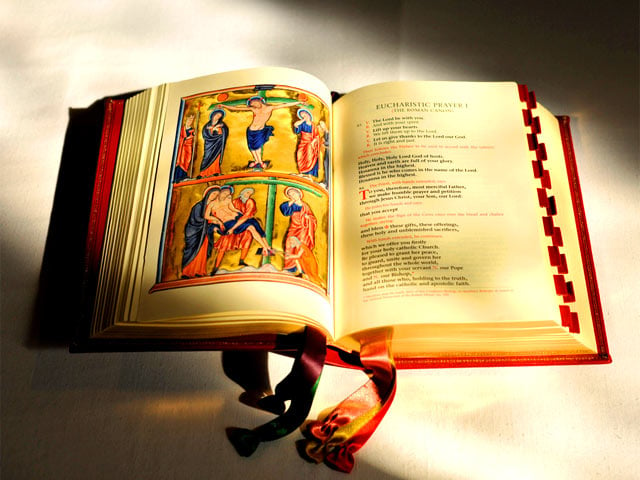- Strona główna
-
Nasza wspólnota
- Archdiocese of Toronto
- Pre-Authorized Giving (P.A.G.)
- Mass Schedules and Devotions
- Donate
- Office Hours
- Catholic Cemeteries
- Parish Forms
- Wolontariat
- Dostępność
- Polityka bezpiecznego środowiska
- Saint Aidan - Our Patron Saint
- Photo Gallery
- Schools in Parish
- Nasza wiara
- Nasze duszpasterstwa
-
Życie parafialne
- Kalendarz wydarzeń
- St. Aidan's Video Links
- Blog Parafialny
- Archiwum wiadomości
- Mass Etiquette and Information
- Ad Orientem News and Facts
- Catholic Links
- Prayers and Announcements
- Luis Dizon Reflections - Archive
- Biuletyn
- Skontaktuj się z nami
- Wyszukaj

Times of Testing (8th Sunday in Ordinary Time)
Click here for this Sunday’s Readings
The middle chapters of Sirach are concerned primarily with giving practical wisdom to the reader. In this way, it is very similar to Proverbs, and exemplifies its status as wisdom literature. Chapters 25-29 in particular are about different forms of social relationships, and how every relationship, whether it is a marriage or a business transaction, should be conducted with godliness and integrity.
Included in this section on the importance of personal integrity is our Old Testament reading, which is a reflection on the importance of testing to reveal a man’s inner nature. Here, we see the author use three different metaphors to describe the testing process, each of which is a common feature of life in the ancient world. These are: 1) The shaking of a sieve (which is used to separate good from bad grains), 2) The heating up of pottery in a kiln, and 3) the fruit of a tree during harvest season.
These metaphors collectively convey how, during a time of trial, those of a righteous disposition and those of a wicked one are revealed and separated from one another. A wicked person may be able to feign righteousness for a while, but these times reveal what is truly in their hearts.
These testing metaphors from Sirach provide the background for Jesus’ comments in our Gospel reading about how a good tree bears good fruit, whereas a bad tree bears bad fruit (Luke 6:38-43). This shows how Jesus is drawing from a well of existing wisdom imagery.
These passages show the importance of cultivating good fruit in our lives. This can only come about by the grace of the Holy Spirit. We must continually ask for God’s grace, and cooperate with it so that when we are tested, we may be shown to bear good fruit.
J. Luis Dizon
